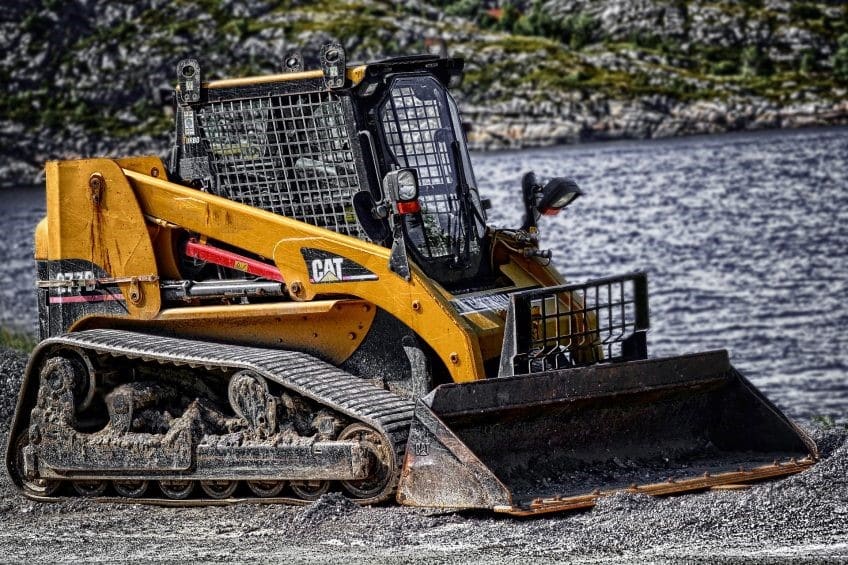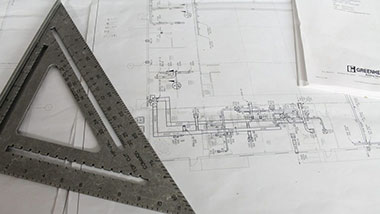Negligence and Negligent Mode of Operation In Case Involving Harbor Freight Tools
Personal InjuryIn the case of Khorran v. Harbor Freight Tools USA, Inc., Case Number 3D17-1508 (Fla. 3d DCA June 27, 2018), Florida’s Third DCA reversed a summary judgment holding that there was sufficient evidence to support the plaintiff’s claim for negligence and negligent mode of operation against Harbor Freight for an incident where a trailer hitch fell from a shelf.
Basic Facts
Vernal Khorran was shopping at a Harbor Freight store in Miami when an object on a shelf behind fell and struck him in the knee. The evidence in the case showed that two Harbor Freight employees were stocking the shelf behind Mr. Khorran. The court surmised that it was possible that the actions of the two employees could have caused the trailer hitch to fall. Further, a Harbor Freight employee admitted that it was the trailer hitch that fell and struck Mr. Khorran (remember that Khorran was not facing the object that fell and hit him).
Secondly, it is important to know that Harbor Freight had a policy where heavy objects (such as trailer hitches) should be stored on shelves at eye level or below. In this particular case, the evidence was undisputed that a ladder would have been needed to reach the trailer hitches that were stacked on this particular shelf.
Summary Judgment For Harbor Freight Was Reversed
Mr. Khorran sued for negligence and negligent mode of operation. In a Florida personal injury case for negligence involving premises liability, the plaintiff has the burden of proving that the defendant knew or should have known of a dangerous condition on the business premises and should have done something to correct it (including provide a warning).
Harbor Freight claimed at the trial level (and moved for summary judgment) that Khorran’s story was a “physical impossibility” and that there was no evidence that Harbor Freight had actual or constructive notice of dangerously stacked trailer hitches.
Negligence Claim Explained
Before we go further, we need to ask ourselves who would stack trailer hitches on the top shelf in a store. While it is possible in some stores that customers will move products around. However, common sense tells us that a bunch of heavy trailer hitches on the top shelf were most likely put there by an employee as opposed to a customer.
So what does this mean in legal terms of “negligence” and “actual or constructive” knowledge? When an employee does something on the job, he is acting for the benefit of the employer and anything that he does is considered in the eyes of the law as an action by the employer. Therefore, even though management at Harbor Freight in Miami may have had no knowledge that trailer hitches were stacked in a dangerous manner, the fact that an employee placed them there means that Harbor Freight had knowledge (management should also periodically peruse the store). I don’t know why Harbor Freight would have chosen to defend this claim in this manner but there should be no doubt that Harbor Freight had “knowledge” of the dangerous conditions (whether they realized it or not is another matter).
Regardless, a property owner in Florida has a “duty to use reasonable care in maintaining the property in a reasonably safe condition.” See Grimes v. Family Dollar Stores of Fla., Inc. 194 So. 3d 424 (Fla. 3d DCA 2016). Further, Florida law holds a property owner legally responsible for an injury to a customer (invitee) when the owner has “actual or constructive knowledge or notice of the dangerous condition” that causes an injury. “Constructive knowledge” may be “inferred” if it exists long enough to where a reasonable property owner should have known about it.
Cause Of Action For Negligent Mode Of Operation In Florida
Moving on, Mr. Khorran also sued for what is called a “negligent mode of operation” in Florida. This has been described as a “common-sense proposition of negligence law that the duty of care required under the circumstances may consist of taking reasonable precautions so as to minimize or eliminate the likelihood of a dangerous condition arising in the first instance.” See Markowitz v. Helen Homes of Kendall Corp., 826 So. 2d 256 (Fla. 2002).
This case tells us that the focus in a negligent mode of operation case is on the premises owner and not on the particular facts surrounding the injured person’s injury. Thus, a claim for “negligent mode of operation” is really just a more specific version of a negligence case. As such, this is why Khorran’s attorneys pleaded the negligence and negligent mode of operation in the alternative.
In addition, it is important to mention that under Owens v. Publix Supermarkets, Inc., 802 So. 2d 315 (Fla. 2001), that there is not a notice or constructive knowledge requirement for negligent modes of operation cases. Instead, it enough that the plaintiff merely prove that the defendant conducted business in a dangerous way.
Likewise, one can see the obvious hazard potential in stacking heavy items up high (the laws of physics regarding potential energy should have been taught in school).
The rule of law set out in Klaue v. Galencare, Inc., 696 So. 2d 933 (Fla. 2d 1997) is exactly on point that “[u]nder Florida law, … the question of whether a business entity was negligent in stacking items on a shelf at a particular height, in a particular manner, and at a particular location thus causing a dangerous condition to exist is a jury question.”
So What Happens Now?
The case will go back to the trial judge where a trial is in order unless the case settles. From the evidence described in the court’s opinion, Harbor Freight is likely to be held legally responsible for Mr. Khorran’s injury since their company policy on stacking heavy items up high appears to have been violated and Harbor Freight employees on the next aisle over seem to be implicated in causing the item to fall.
In my mind, the real question in this case is how severe is the plaintiff’s injury and how much money is that worth? There is not enough information given in the court’s opinion to make a judgment call.
Call Us For Help On Your Case Today
Having a personal injury can change your life in ways that you never imagined but yet you are also in for the fight of your life. To get help with your Florida personal injury case, call us to schedule your free consultation with a Lakeland personal injury lawyer.


